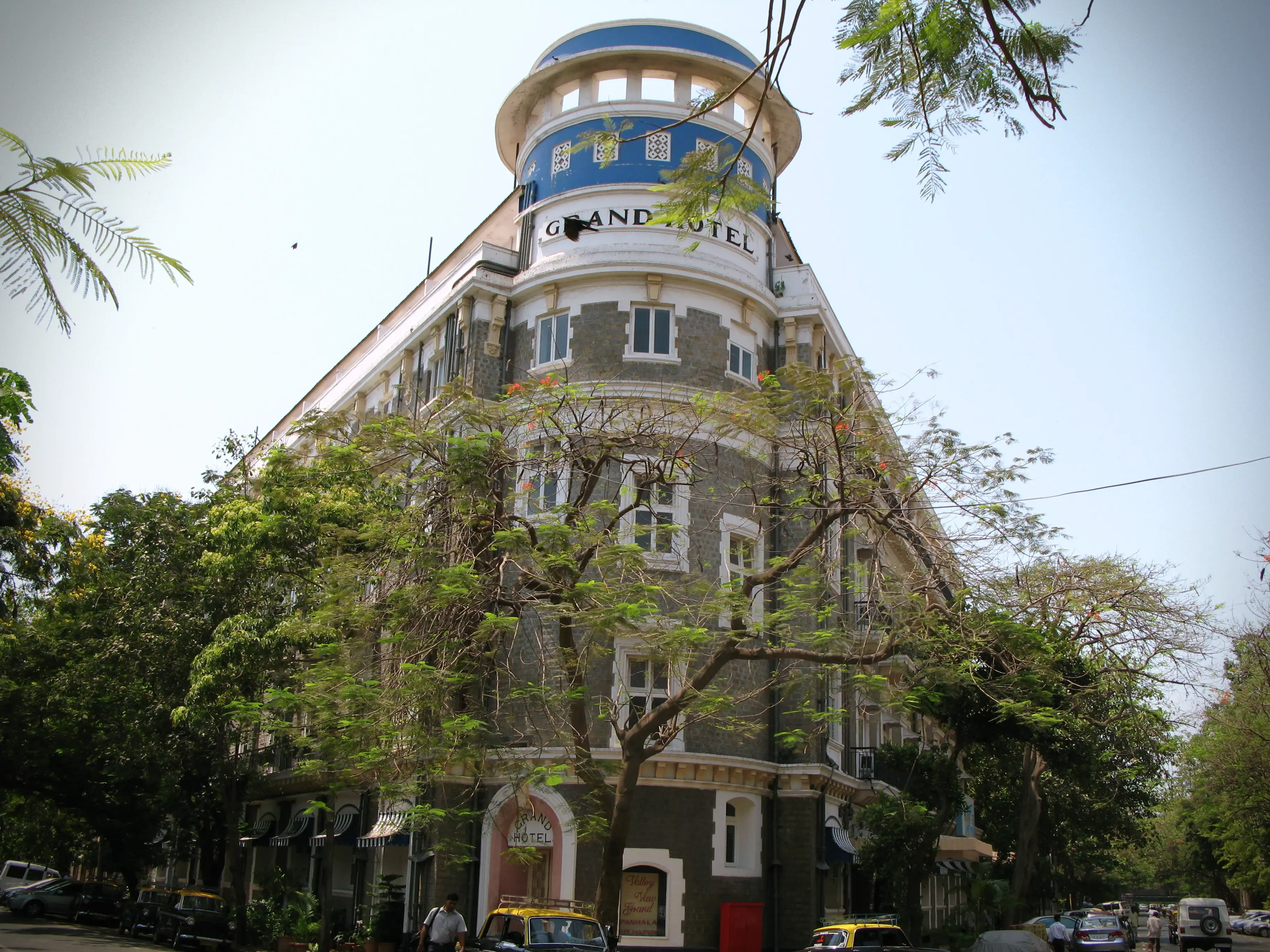
While boarding a train, I overheard one co-passenger saying to another, “Tabadtod andar jaane ka,” which astonished me for a fraction of a second, as it’s not at all palatable to untrained ears. It seems this “Tabadtod andar jaane ka” is considered far more effective when getting into locals than a long-winded formal request to the people ahead to make way.
I was trying hard to relate, as it sounds Hindi but actually, it’s not. After a few glitches, I understood it’s an intermediary where my knowledge of Hindi helped. Basically, it’s Hindi with a generous smattering of words borrowed from Marathi, Konkani, and English, which actually manifests Mumbai’s cosmopolitan culture. In short, it’s the “bhelpuri” of all these languages.
Actually, the strength of the Mumbaiya lingo transcends all barriers. It was not very long ago that I was torn between “mereko-tereko-apunko” with the easy flow of mera tumhara apnaa. Perhaps part of Mumbaiya lingo lies in its effortless informality. Mind you, there is no “PLEASE” in this lingo. Instead of the formal use of Hindi, I have been, with all the enthusiasm of a neo-convert, dropping terko wahan jane ka, barobar, etc. Maybe this quick direct nonsense linguistic approach is also a fallout of the fast pace of life in Mumbai. Here are some glimpses:
- Khali pilli meri khopdi mat satka - Don’t bother me
- Mera sara moondi ghoom gaya – I got spun
- Tereko tension nahin lene ka – Don’t take tension
- Kanda, batata for onion and potato
- Kothmir for coriander
- Yeah apun kaa ishtyle hai – This is my style
- Boley toh fir milenghe bhai log – We will meet again
- Abhi examz bhi khatam ho gaye le, hain na tere?? - Now, your exams have finished, isn’t it?
- Toh chal fatak se taiyaar honekaa - Get ready quickly
You might often hear people having cutting chai at a tapri (tea stall). Now, what this cutting chai exactly means, I too don’t know. Some say it’s half a cup of tea, but I am not sure yet. Not only that, you may also hear people visiting friends to avoid kantaal and know that if something is rapchik or jhakkas. However, you are likely to hear me switch to baju hat or mujhey chuna nahin laganey ka with ease.
Even this Mumbaiya lingo has attracted our Bollywood industry to a great extent from time to time. So, when you see me next time, don’t be surprised to hear my adoption of this informal, rude, and funny Mumbaiya lingo.
Grand Hotel was designed by George Wittet, one of Mumbai’s best known architects at the time, who also designed best known landmarks in Mumbai such as the Gateway of India, The Prince of Wales Museum, Institute of Science, and Bombay House.
